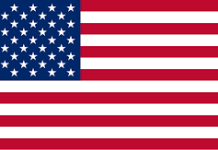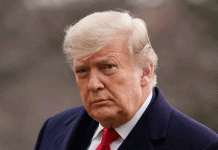The new Oxford University malaria vaccine has been approved by Ghana, making it the first nation in the world to do so.
Contrary to earlier attempts in the same field, the vaccine known as R21 appears to be extremely effective.
According to trial data from early studies in Burkina Faso, the R21 vaccine was up to 80% effective when administered as three initial doses and a booster one year later, says BBC.
The vaccine is intended for use in children under the age of three.
The final trial data on the vaccine’s safety and efficacy, which has not yet been made public, was evaluated by Ghana’s drug regulators, who then decided to use it.
The vaccine is also being considered for approval by the World Health Organization. The majority of the 620,000 people who die from malaria each year are very young children.
The creation of a vaccine that guards the body against the malaria parasite has been a significant, century-long scientific undertaking, according to BBC.
However, it was noted that the outcome of a larger trial involving close to 5,000 children would determine whether or not the vaccine would be widely used.
These have yet to be formally published, despite being anticipated to occur at the end of last year. However, some African governments and scientists have received access to them.
The WHO and other African nations are both researching the information.
Prof. Adrian Hill, director of the Jenner Institute at the University of Oxford, where the vaccine was developed, claims that African nations are saying “we’ll decide” after being left out of the Covid-19 vaccine rollout during the pandemic.
“We expect R21 to make a significant impact on malaria mortality in children in the coming years,” he said, “and [it] will contribute to the overall final goal of malaria eradication and elimination in the longer term.”
The Serum Institute of India is constructing a vaccine factory in Accra, Ghana, and is preparing to produce 100–200 million doses annually.
R21 is anticipated to cost a few dollars per dose.
“Developing a vaccine to greatly impact this huge disease burden has been extraordinarily difficult,” Serum Institute CEO Adar Poonawalla told BBC.
The first nation to approve the vaccine, Ghana, he continued, marks “a significant milestone in our efforts to combat malaria throughout the world.














